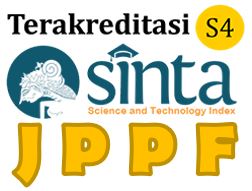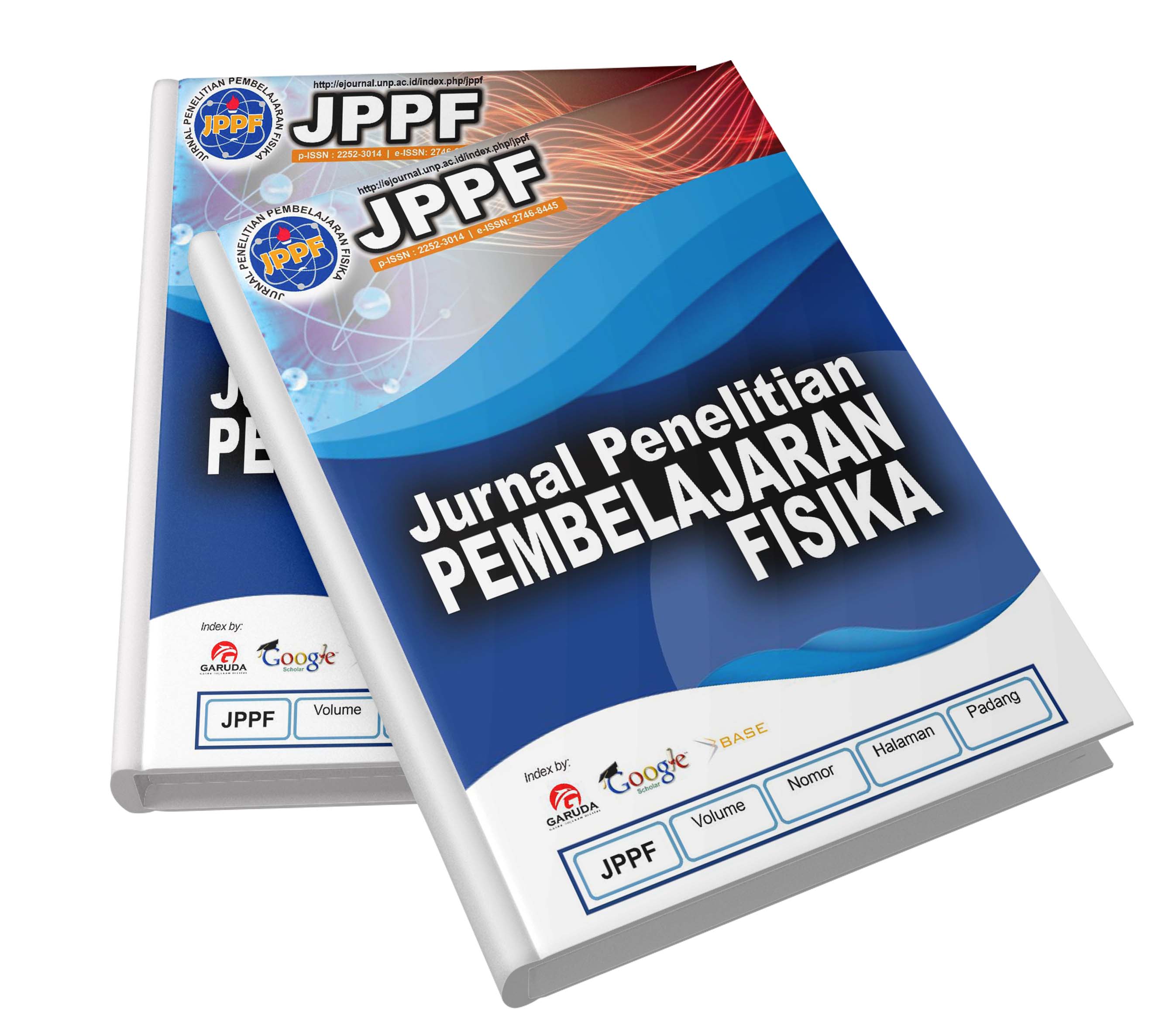Abstract
The 21st century demands quality in all human endeavors and work. The 21st century demands quality human resources (HR). Science education in the 2013 curriculum basically has the aim of preparing students to have an understanding of science and technology through the development of knowledge, attitudes, and skills so that they can understand and solve environmental problems that exist in real life. The success of students in mastering the competencies or materials that have been taught by teachers can be known by evaluating learning outcomes. This research belongs to the type of meta-analysis research that is research conducted by summarizing, reviewing and analyzing research data from several previous research results. Statistical data from each study were recorded, including mean scores, standard deviations, chi squared, t-values, and p-values. These values are converted to the effect size metric (ES). The results showed that the effect of Integrated Science learning in the Connected Model type based on the greatest level of education was at the elementary level. The effect of integrated science learning on the Connected Model type based on subject matter has the greatest effect on the digestive system material. The effect of integrated science learning on the Connected Model type is based on student learning outcomes on aspects of knowledge and skills equally in the medium category.




